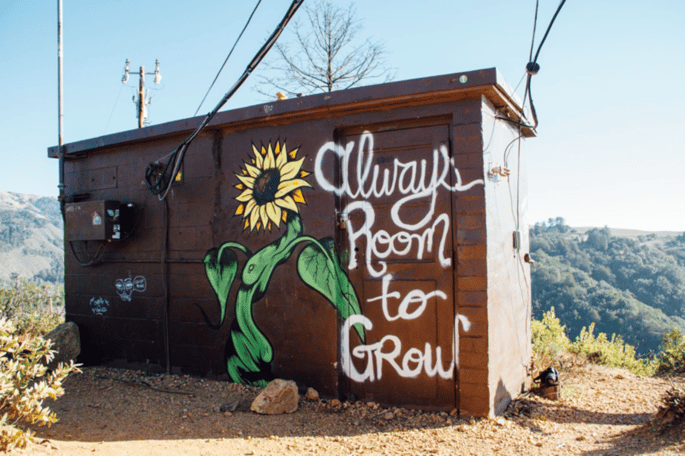What facets of work make it meaningful? Some may surprise you (or not).
3-minute read
Welcome to another edition of the Study of the Month, where we use contemporary and classic studies to keep our team thoughtful, reflective, and always learning.
What makes work meaningful (or meaningless)?
That is the question that Catherine Bailey and Adrian Madden sought to answer in this Study of the Month. The researchers interviewed 135 people in 10 occupations: retail assistants, priests, artists (including musicians, writers, and actors), lawyers, academics, entrepreneurs, nurses, soldiers, conservation stonemasons, and garbage collectors. Their results provide us with some interesting and unique perspectives on meaningful work, which the authors defined as the perception of connection between work and “broader transcendent life purpose.”
When analyzing the stories they collected, Bailey and Madden came up with five features of meaningful work. (See if you find any of these surprising.)
1) Self-Transcendent
Meaningful work points a person to something beyond themselves. For example, a garbage collector spoke about how his work was contributing to a clean environment for his grandchildren; an academic talked about the power of seeing his students graduate; and a priest reflected on bringing a community together for a church restoration project. Self-transcendence also made me think of this COVID-19 IG post I recently came across:

2) Poignant
As the above pic illustrates, meaning is not always associated with work that is joyful, engaging, or pleasurable. Often, it’s tied to painful and challenging labor. In this study, the most powerful example came from nurses who described the meaning derived from helping ease the pain of their dying patients. Here too one cannot help but think of all the heroic and gut-wrenching work that doctors, nurses, and hospital staff are doing during the COVID-19 pandemic.
3) Episodic
Not a single person in the study reported that their work is constantly meaningful, rather there was a recognition that meaningful work is bounded. In other words, peak moments that bring meaning are by their nature impermanent. My favorite example in the study, for obvious reasons, is a teacher reporting feeling like a “rock star” at the end of a lecture.
4) Reflective
Meaningful work was often rendered meaningful upon reflection and not in the moment. This would usually happen after a project was completed and people were able to link it up (strategic thinking plug!) to some wider personal value. A vivid example was an entrepreneur, who at the end of the company’s holiday party, as he was turning off the lights, took a moment to reflect on all the progress his organization achieved during the year together. Or the conservation stonemasons who reflected on how their “banker’s mark” (signature into the stone before it was placed into the cathedral structure) might be read by another mason in the future.
5) Personal
Unlike constructs such as engagement or commitment, which are directly and solely tied to people’s work experiences, meaningful work was also understood to be connected to people’s personal lives. This is the musician that got to play in front of his father; the entrepreneur who made her grandfather proud; and a soldier who got to share her career stories with her family.
In addition to exploring the qualities associated with meaningful labor, the researchers also analyzed their data for conditions that generate meaninglessness at work (which are different from what drives meaningfulness). I recommend those who are interested to read the whole study, but for our purposes, I want us to pause and reflect on the qualities of meaningful work.
- In what ways is your work meaningful?
- What else would you add to this list?
- How as an organization can you foster a meaningful ecosystem?
We would love to read your thoughts. Please send them to hello@lifelabslearning.com


